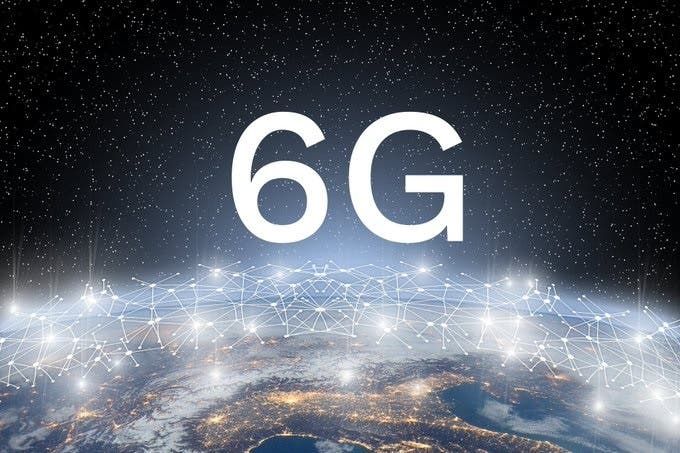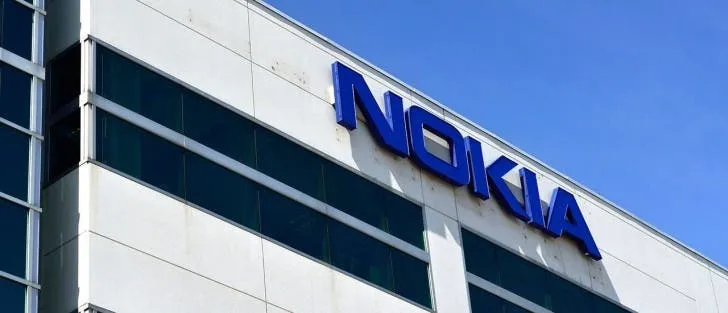The European Commission (EC) appointed Nokia to oversee Hexa-X, a flagship 6G research project designed to promote the development of 6G technology in Europe. Nokia said in a statement that it will serve as the project leader for Hexa-X. The program currently gets its funding from the European Commission under the "Horizon 2020" research and innovation program. The Finnish manufacturer further explained that the goal of the project is to create unique use cases and scenarios. It also seeks to develop basic technologies, and define a new architecture for "a smart network structure that integrates key 6G technology enabling factors".

This program will also bring together major European industry stakeholders. If the stakeholders are together, it will promote the development of 6G. We expect to have active participation of network suppliers, operators, technology providers, and European communications research institutions. The major stakeholders include Ericsson, Orange, Telecom Italia, Telefónica, etc.
The project will start on January 1, 2021, with a planned duration of two and a half years. Nokia's research department, Nokia Bell Labs has, plays a huge role in new network development. It was an integral part of the development of 4G and 5G networks. Thus, the company has been part of the commercialization of previous generation networks.
The Finnish supplier added that it hopes that 6G will be commercially available in 2030. This will follow the 10-year cycle of each generation of mobile communication technology. Also, this is in line with the predictions of industry players at a 6G seminar in October.
5G still have a long way to completion
Peter Vetter, head of access and terminal research at Nokia Bell Labs, pointed out that “with the release of new standards, there are still many innovations in 5G”. However, the company is already exploring the workability of the 6G network in the lab.
"In the 6G era, we will see that applications will not only connect people with machines but also connect people with the world of data." He said.
It is not a surprise that the European Union is taking this early step. Recall that for 5G, Europe is far behind China. Nokia's and Ericsson's achievements in 5G are individual achievements. Collectively, Europe is far behind and this is evident in its slow adoption rates. Nevertheless, the region is preparing early and it does not want to be behind which 6G commences.






Place comments
0 Comments
You are currently seeing only the comments you are notified about, if you want to see all comments from this post, click the button below.
Show all comments